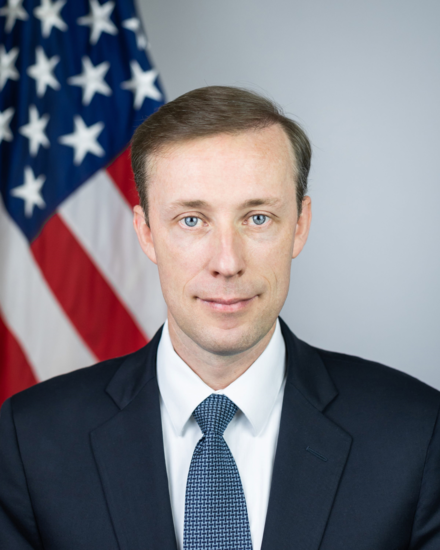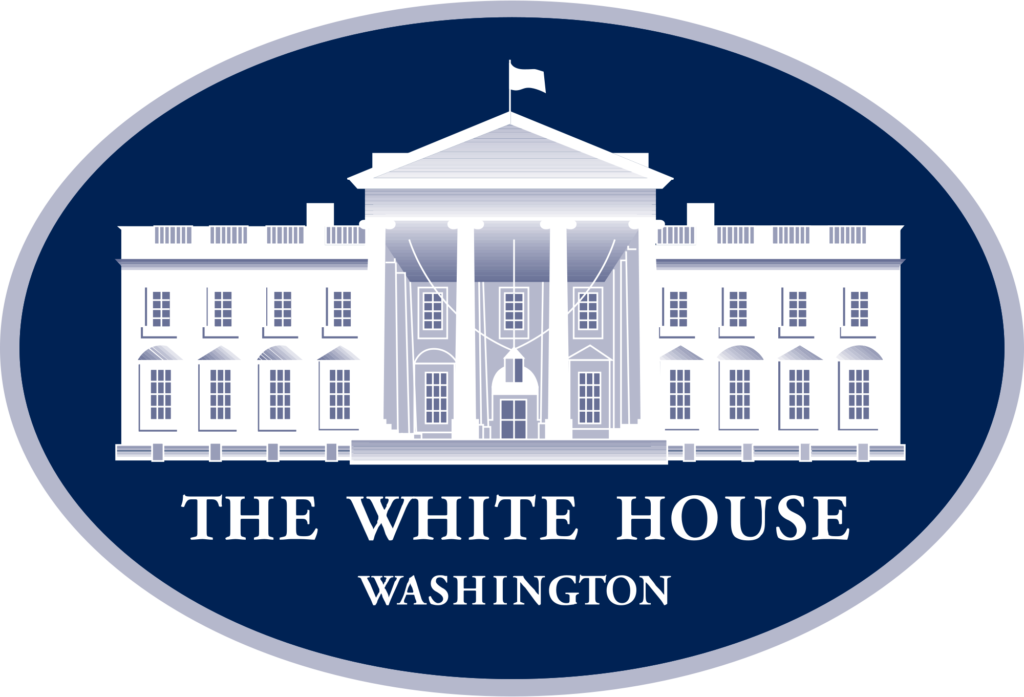


Serves as senior advisor to the President on international affairs, chairs the National Security Council and oversees the National Security Staff.
Past statements on development, diplomacy, and U.S. global leadership:
On U.S. Global Leadership: As Head of Policy Planning for Secretary Clinton and National Security Advisor to Vice President Biden, Sullivan spoke frequently about the importance of a vision of U.S. global leadership that mobilizes cooperation on shared challenges. In recent years, he has called for “self-appraisal, self-correction, and self-renewal,” saying we must “strengthen and adapt the postwar international order so that it responds to current needs and reflects new realities but still secures a central U.S. role.”
On Diplomacy and Development: Sullivan has long highlighted the need to strengthen diplomacy and development, writing in 2019 that the United States must “rebalance its priorities among the various forms of American power—defense, diplomacy, development, trade, investment, and technology.”
On Alliances: Sullivan has often spoken about the value of America’s alliances, writing with Kurt Campbell in Foreign Affairs, “to be effective, any strategy of the United States must start with its allies.”
On America’s Global Economic Engagement: Sullivan has written extensively about foreign policy and the middle class as part of a project at the Carnegie Endowment for International Peace, writing, “the work that we do to build institutions, set rules, and engage allies should fundamentally be about strengthening and broadening the American middle class and helping American working families.”
On Climate Change: During the 2020 campaign, Sullivan declared, “We’re not just rejoining Paris – we are going to rally the nations of the world to get everyone to up their game, to elevate their ambition, to do more.”
On Multilateralism: During the campaign at an Atlantic Council event, Sullivan said, “The United States has to be at the table in international institutions, helping shape the solutions to big problems that no country can solve on their own.”
On China: Writing with Jennifer Harris in Foreign Policy, Sullivan observed, “While military power will still matter, the emerging great-power competition between the United States and China will ultimately turn on how effectively each country stewards its national economy and shapes the global economy.”